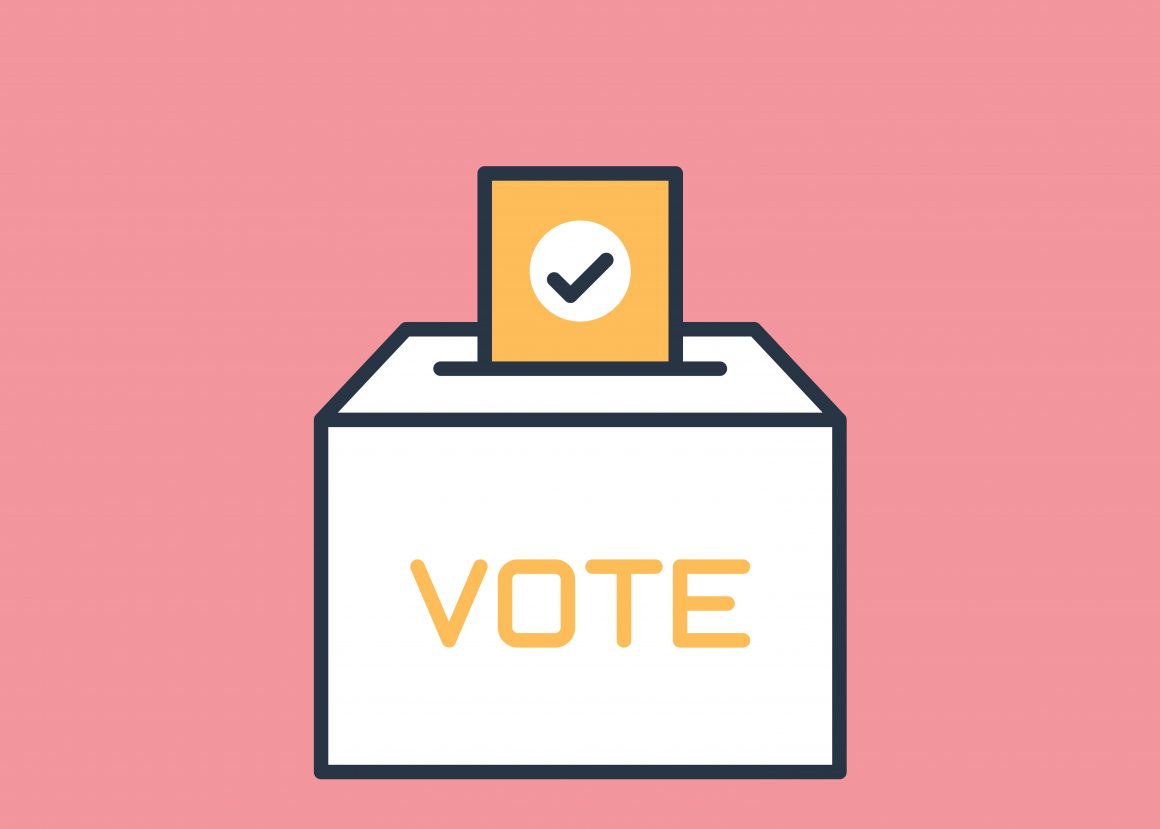
Weighing the pros and cons: Should voting be mandatory?
By Avery Sharpe, March 28 2024—
The question of whether or not Canada should make voting mandatory has been in debate for many years. Countries such as Australia, Austria and Singapore are part of several countries that have made voting compulsory and the rates of voting have certainly been higher as opposed to when voting is optional. In fact, Australia reached a voter rate of over 90 per cent in their 2019 federal election, cementing the fact that voter rates will improve if voting becomes mandatory. However, several concerns stop many countries like Canada from making the switch, including fear of uninformed voters, violations of democracy and unjustly punishing citizens for missing their voting day.
Democracy is a staple value of Canadians and active participation in the country’s governmental affairs and elections is highly encouraged. Consider the Voter Information Campaign, which is an important part of Canada’s federal elections that provides Canadians with information on when, where and how they can vote. National advertising, information products and several outreach activities are conducted throughout the election season, all aimed at encouraging eligible voters to make their voices heard. However, such activities have been mostly unsuccessful in raising the voter turnout rate in Canada, which has steadily declined over the past several decades. The most recent federal election saw only 62.6 per cent of eligible voters cast a vote, demonstrating why many political experts are concerned about the elections being truly democratic. This low turnout puts into question whose opinions are not being voiced, and how the exclusion of nearly 40 per cent of eligible voters is affecting the democratic process.
However, mandatory voting presents its difficulties. While countries like Australia have largely seen much higher turnouts of voters than Canada, they have a different system and mindset in place to encourage electoral participation. For example, elections are held on weekends and the day is made into an event that is enjoyable to take part in. Polling stations all over the country will host barbeques or activities for children, making voting a simple and family-friendly event. Voters in Australia can also vote at any polling station they wish. Making the change to such a model of voting would require much adjustment to the current system in Canada, as the most recent federal election was on a Monday and voters are required to visit their assigned polling station. Therefore, mandatory voting would create several organizational difficulties for election officials and it could also create confusion among long-time voters.
There is also the question of what happens to those who cannot vote, whether they are out of the country, ill or simply do not wish to participate. Austria, for example, levies fines of approximately $70 USD for not voting without a valid reason, which creates concerning economic dynamics for those who would struggle to pay such a fine. In Canada, we have the right to vote, but it could also be considered the right not to vote. Is it therefore a violation of one’s rights to require that they show up to vote or risk an unjust financial penalty? Such questions are certainly worth considering in this highly contentious debate.
However, the benefits of mandatory voting are also numerous. Studies have shown that mandatory voting can be a nudge to surveillance, enticing on-the-fence voters to commit to voting. It has also been considered that mandatory voting would enhance civic engagement and interest, particularly among youth. Voting seems to be a socialized behaviour that is learned in early life, and therefore mandating participation in federal elections could ensure life-long politically active citizens. So, while there are certainly both pros and cons to mandatory voting, it is something that needs to be considered, and fast. The voter turnout in Canada is not trending towards improvement, and if it continues to decline there will certainly be risks of biased, undemocratic results that affect all of Canada’s citizens.
This article is a part of our Opinions section and does not necessarily reflect the views of the Gauntlet editorial board.
